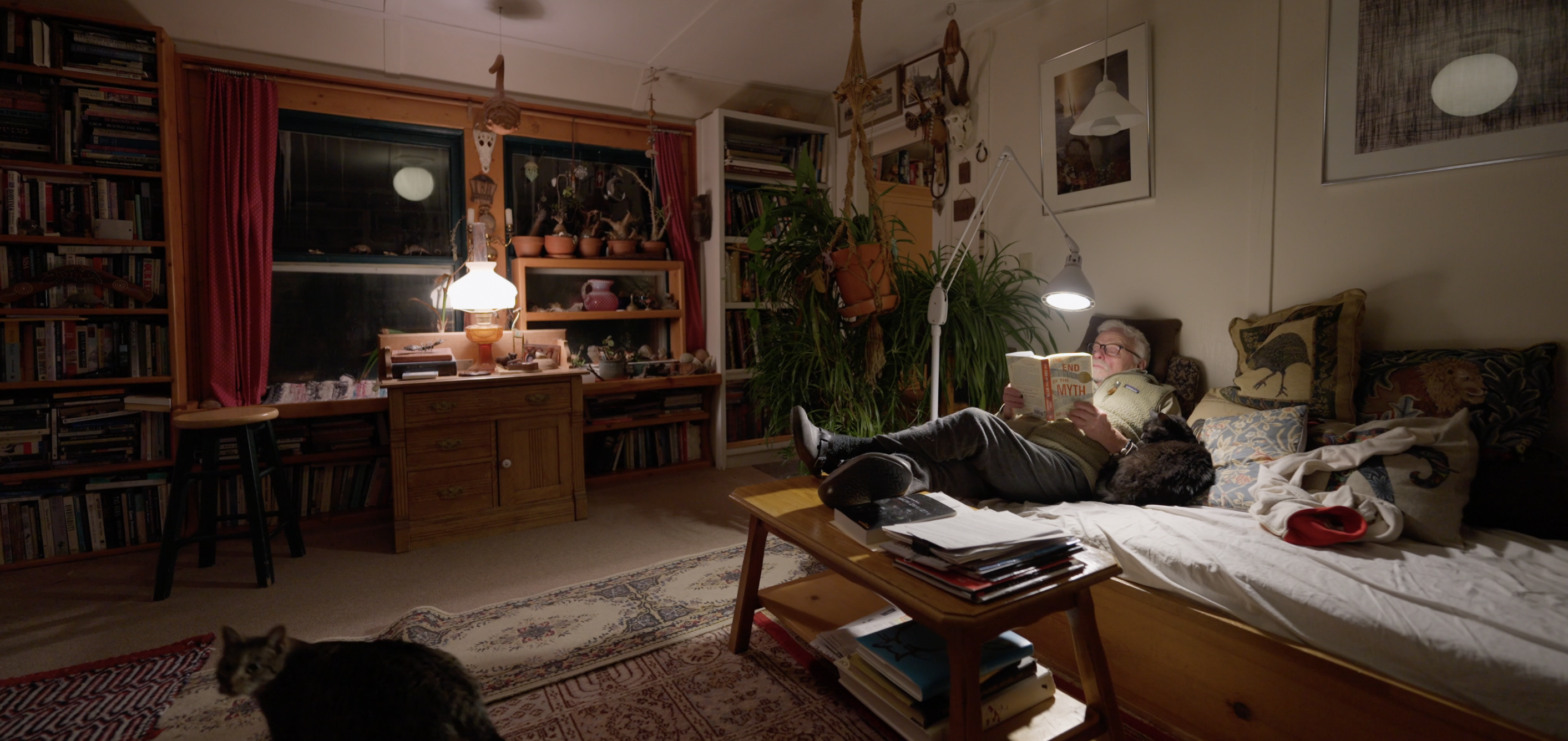What I aspire to is a factor of what I’ve inherited. What I imagine as a possible future—even what I can hear as a “calling”—is a reflection of what my past has made imaginable. Our now is always bequeathed to us.
A buried past is not dormant. Ignoring the past is not a way to escape it. Indeed, the buried past probably takes more than it gives.
Cypresse (1889) by Vincent van Gogh:


When listening does not encourage disclosures of feeling, we tend to miss the speaker’s personal reaction to the events she is describing—her joy, sorrow, frustration, anger, grief, ambivalence, and so on. Since, as William James put it, “Individuality is found in feeling,” we miss the uniqueness of the other person when we have a low level awareness of the other person’s emotions.
Robert Bolton (I almost took out the exclamation point at the end, but—alas—I’m not Bolton’s editor so I figured I should include it):
One of the primary tasks of a listener is to stay out of the other’s way so the listener can discover how the speaker views his situation. Unfortunately, the average “listener” interrupts and diverts the speaker by asking many questions or making many statements. Researchers tell us that it is not at all uncommon for “listeners” to lead and direct a conversation through the frequent use of questions. It is also common for the “listener” to talk so much that he monopolizes the conversation!

Currently reading: How to Inhabit Time by James K. A. Smith 📚
My family took a trip to the library this afternoon while I was working and, surprisingly, came home with this book on Satchel Paige (surprising only because they don’t typically show much interest in sports figures). Two irreverent comments are in order: 1) I can’t hear the name Satchel Paige without thinking of this “Amazon Echo” SNL skit; 2) The cover image of Paige seen here looks uncannily like current NBA player Dennis Schröder.

Watched a fascinating little documentary on the ‘winterkeeper’ of Yellowstone, Steven Fuller, who has lived in and cared for this National Park for five decades, even during its eerily quiet winter months. Many of the shots are breathtaking.








Low Tide (2002) by Howard Hodgkin:
